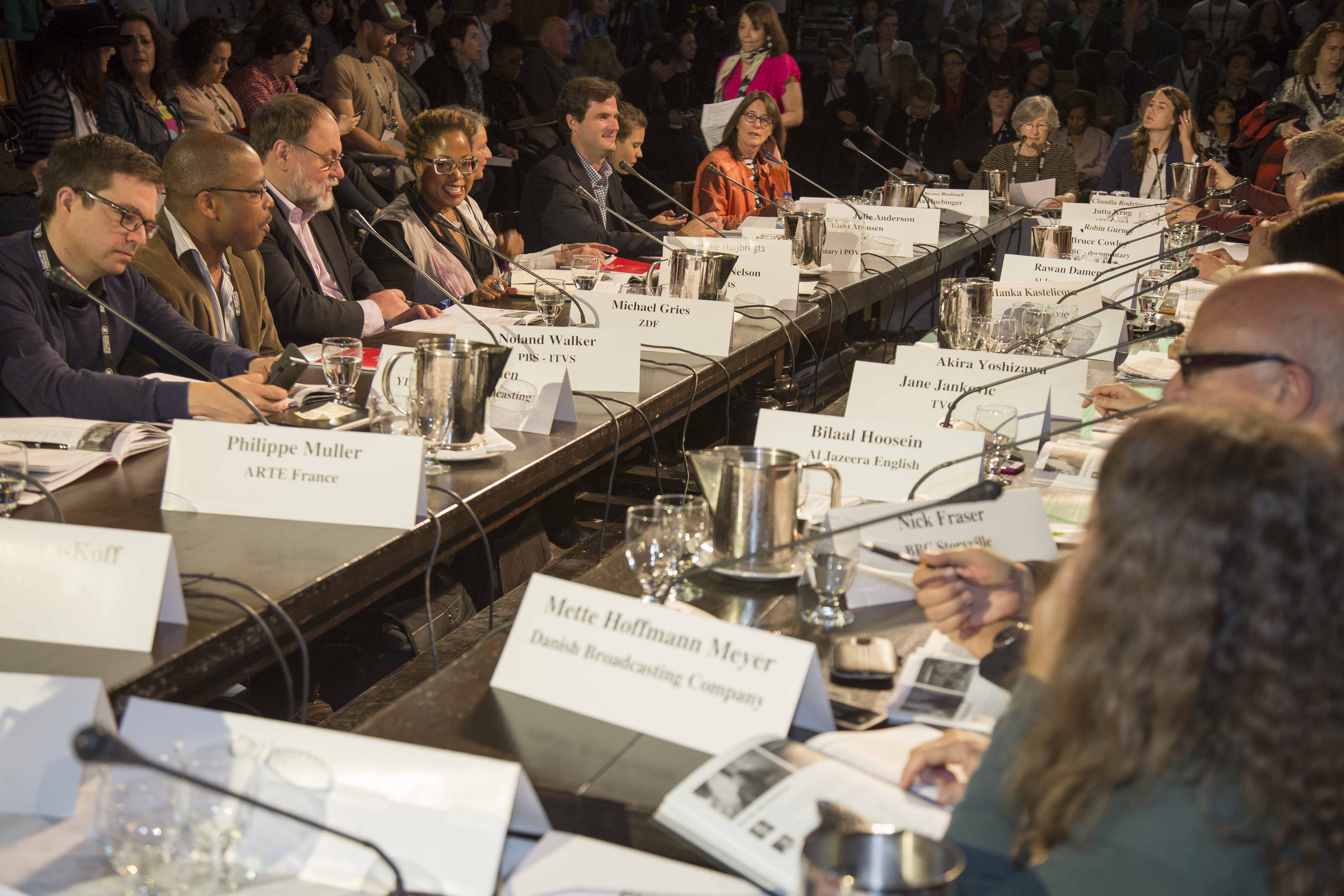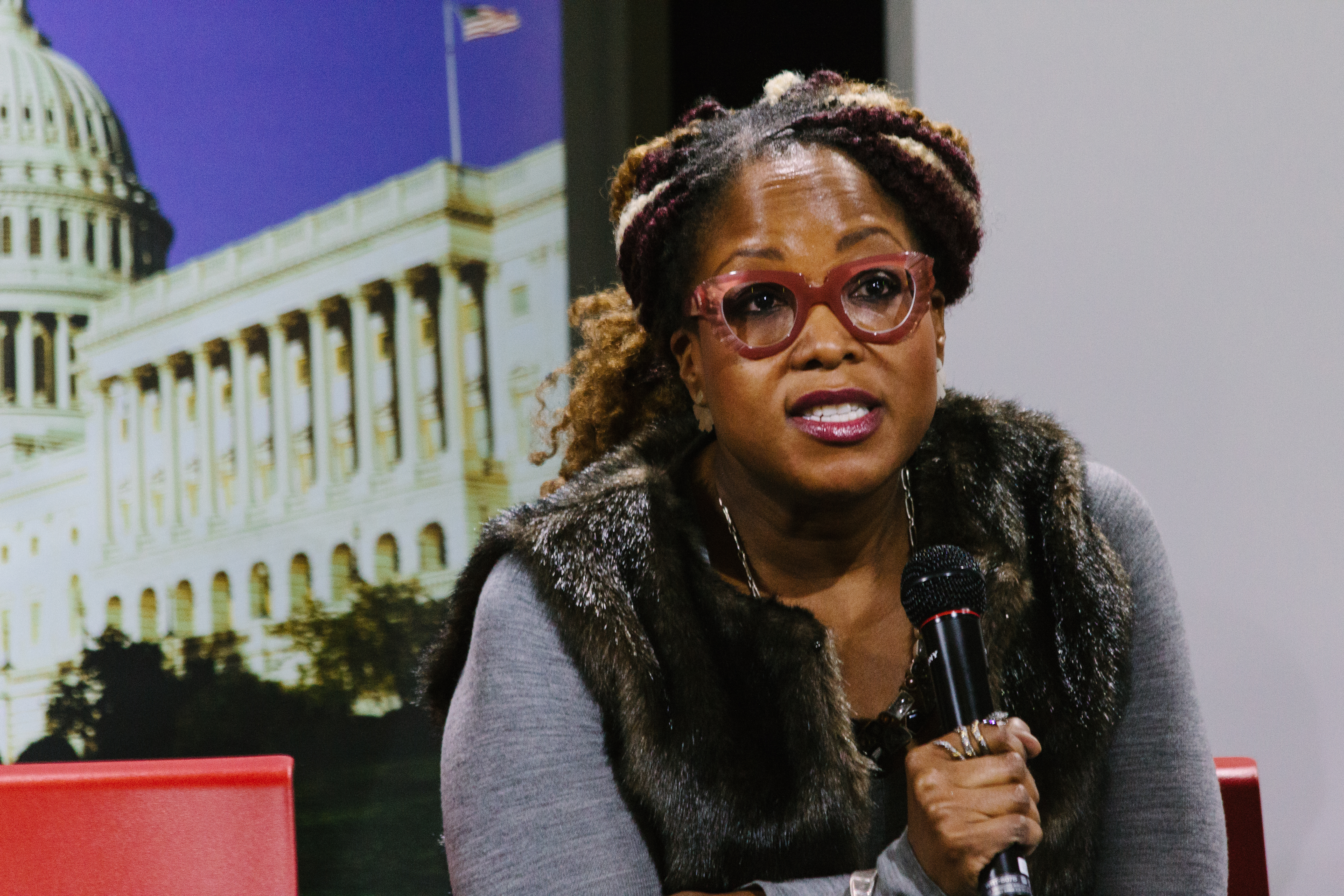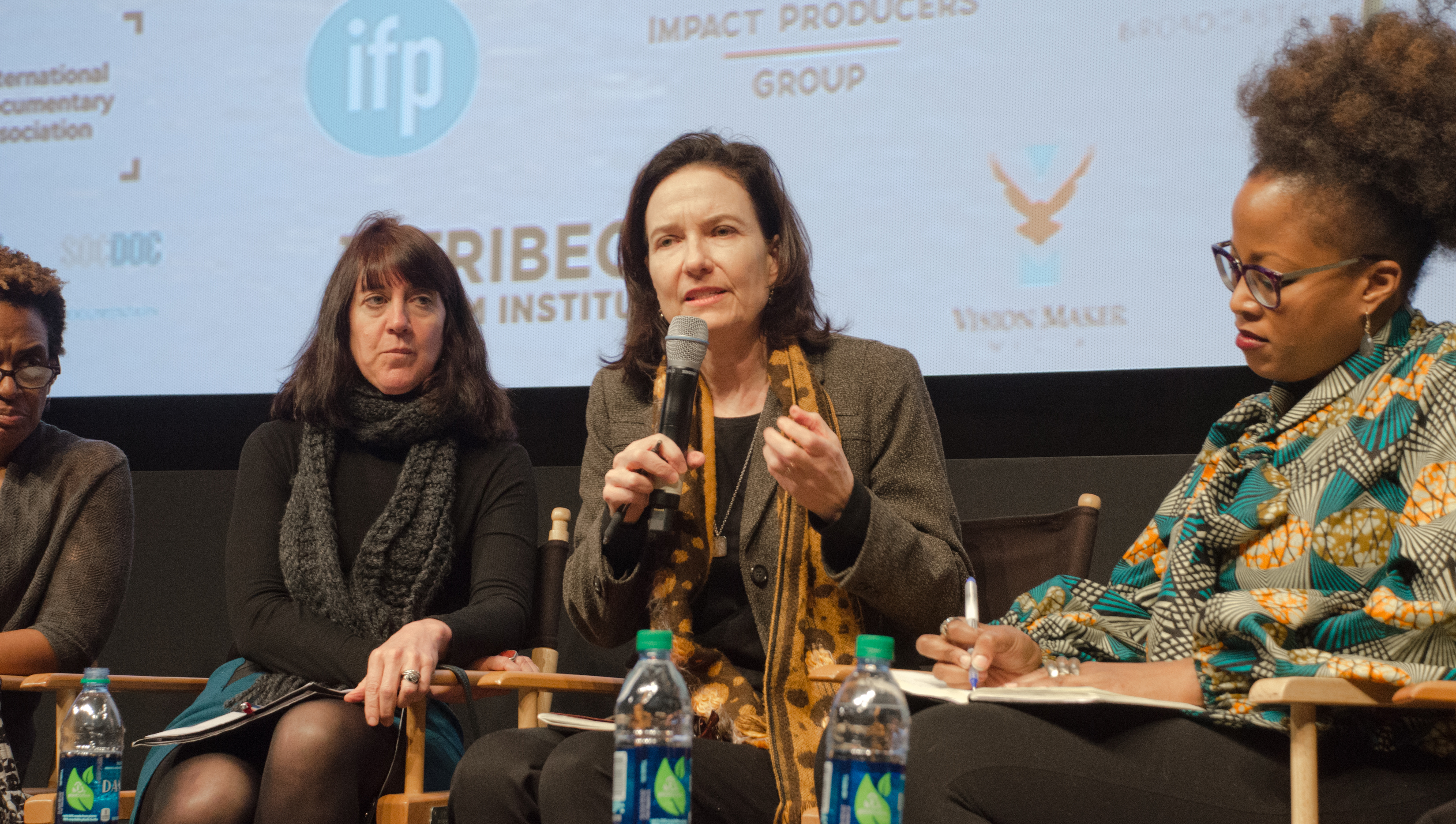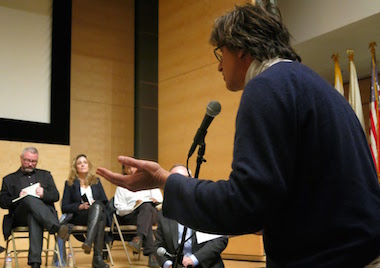Tag: POV
PBS appeals to indie filmmakers with bigger marketing budget, multiplatform strategy
An arts festival will promote a documentary about Chinese artist Ai Weiwei, among other films.At Hot Docs, filmmakers make pitches and face brutal feedback
At the Circus Maximus of the nonfiction film world, a nod from a commissioning editor can mean financial life or death.WNET keeps indie docs on Monday nights, while PBS plans to boost promotion
PBS will also reach out directly to public TV stations that don’t air independent film showcases at feed time.Weekly roundup: Norman Lear vs. PBS, funding strategies and more
Plus a video to give you vertigo.The Pub #13: WNET stands by documentary rescheduling; why public media unions are spreading
WNET and PBS officials recently concluded a “listening tour” to hear the concerns of documentarians. Did it change their outlook?For doc funders, broadcast on public TV remains key
Foundation funders have plenty at stake in PBS’s pending decisions about scheduling and promoting independent films.Final listening tour event taps filmmakers for ideas
Representatives from PBS spurred discussion about promotion, distribution and scheduling of independent films on public TV.Listening tour about documentaries on PBS brings debate to WNET’s hometown
Any benefits from the town-hall-style “listening tour” that stopped here Monday courtesy of PBS and several other public media organizations were strictly ...WNET’s move to bolster viewing starts row over public TV’s mission
A dustup between independent filmmakers and the New York City station has co-opted a national "listening tour."The Pub, Episode 6: WWFD (What Would Fred Rogers Do?), PBS documentaries in danger, David Carr on ...
This week, we contemplate how much children’s public television has changed since Fred Rogers’ day, and the news isn’t all bad — ...Filmmakers push for common carriage at first stop in public TV ‘listening tour’
The discussion was friendly, but emotions ran high as filmmakers and public TV executives examined their often stormy relationship.Storify: PBS, indie filmmakers hold first “listening tour” event in San Francisco
Tweets from the Jan. 17 meeting at the San Francisco Public Library.New York’s WNET delays plans to move documentary showcases out of primetime
New York’s WNET is reversing its decision — at least temporarily — to shift independent documentaries from primetime on its main channel ...New York’s WNET to pull documentary showcases from Monday nights on main channel
The station later delayed its plans.By shifting focus, Whiteness Project aims for deeper discussion of race in America
Asking interviewees to consider their status as white Americans takes them, and viewers, into uncomfortable territory.














